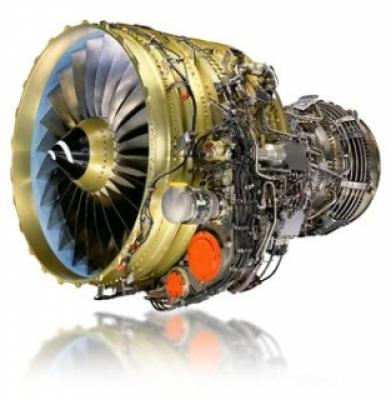CFM International has successfully carried out an initial test of a CFM56-7B engine using an ester-type biofuel. This marks an important step forward in reducing the amount of carbon emmissions from airline engines.
CFM56 engines are produced by CFM International (CFM), a 50/50 joint company of Snecma (SAFRAN Group) and General Electric Company.
The biofuel used for this test is 30 percent vegetable oil methyl ester blended with 70 percent conventional Jet-A1 fuel. This test was designed to check the operation of a jet engine using a fuel made from biomass, without making any technical changes to the engine. With this type of biofuel, the target is a net reduction of 20 percent in carbon dioxide (CO2) emissions compared with current fuels.
“Our goal is to support the industry in identifying replacements for traditional hydrocarbon-based fuels, including synthetic fuels that use a mixture of biofuels and jet fuel,†said Pierre Thouraud, Snecma Vice-president engineering.
CFM is running engine tests to develop solutions based on mixtures of jet fuel and second-generation biofuels. For instance, it is currently focusing on the evaluation of alternative fuels made using biomass (offering properties closer to those of jet fuel), which also offer better environmental performance. Along with its parent companies, CFM International is participating in a number of emissions-focused initiatives, including the U.S. CAP (Climate Action Partnership), French Calin, and European Alpha-Bird programs.
For alternative fuels to be used in the aviation industry, there are a number of major technology challenges that must be met, including energy density, thermal stability (avoiding coking at high temperature), use at very low temperatures (freezing) or high temperatures, lubricating effect with materials used, and the availability of mass production facilities worldwide.
“CFM International is satisfied with this first CFM56 engine test using a biofuel, another major step towards an ecologically friendly Jet engine economy,†said Eric Bachelet, president and CEO of CFM.
check out this video of the inner workings of the engine. Not only do engine improvements save the planet, but they save airlines money as well. Burning less fuel, means they save money.
